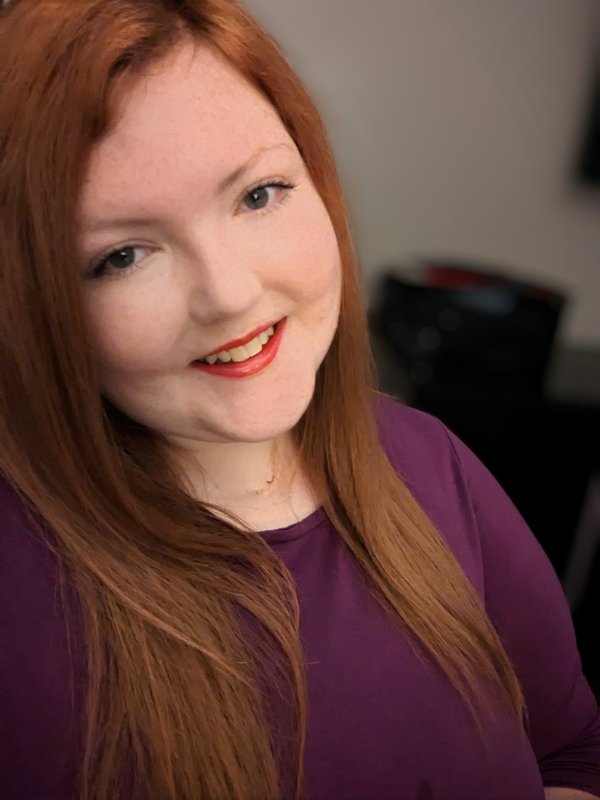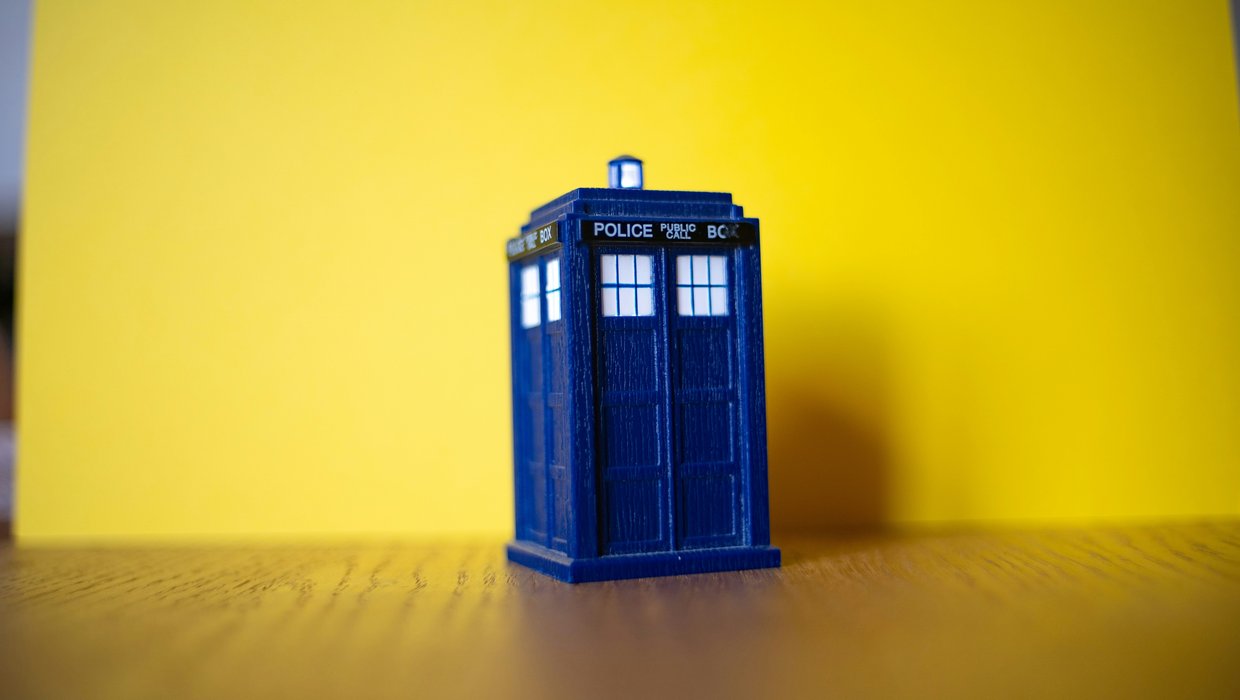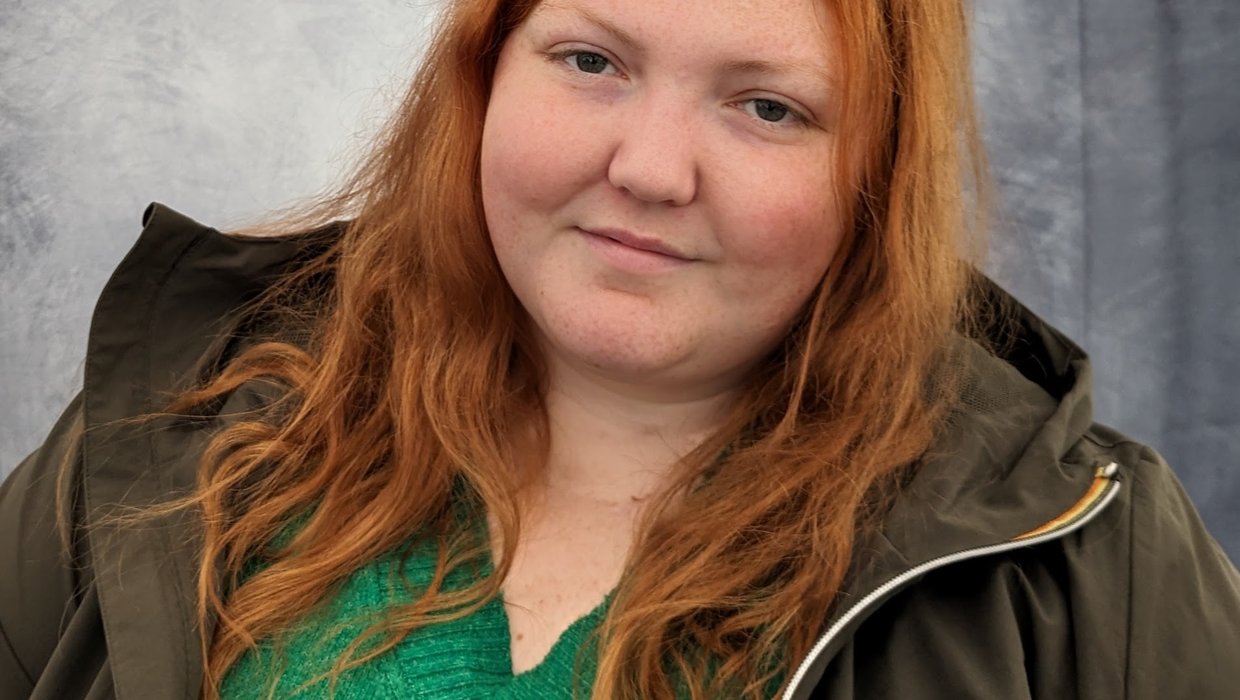Rolling Into the TARDIS
Sophie’s Behind-the-Scenes Experience on Doctor Who
Sophie is a young wheelchair user and passionate advocate for inclusion, currently working with the charity Whizz Kidz—an organisation she first joined as a beneficiary. From receiving mobility support to now working to empower other young disabled people, her journey has been anything but ordinary. But recently, Sophie added another unexpected chapter to her story: appearing as an extra in a groundbreaking episode of Doctor Who. In this article, she shares what it was like to step onto the iconic set, how the production embraced accessibility, and what it means to see authentic disability representation on one of TV’s most beloved shows.

Headshot of Sophie from Dr. Who Set

I wasn’t a massive Doctor Who fan growing up, but I definitely appreciated the shows creativity and its welcoming, expansive universe. It's one of those shows almost everyone recognises – so, to find myself, years later, rolling onto the set as an extra in a special episode felt surreal. It was a truly great experience.
My journey to that moment didn’t start with the TARDIS, though – it began with Whizz Kidz. In 2019, I applied for funding for power-assisted wheels to go with my new wheelchair, after coming across the charity online. Not only did they help me gain more independence, but they also welcomed me into a vibrant community. During lockdown, I started attending online events, and later, when a (now) colleague mentioned a job opening at the charity, I applied – and was successful! I now work for the same organisation that once supported me.
Interestingly, my appearance on Doctor Who wasn’t directly through Whizz Kidz. I responded to an open casting call online. The confidence I needed to put myself forward came, in large part, from my time with the charity. My experience with Whizz Kidz reminded me that my wheelchair isn’t a limitation, it’s something that enables me to live fully and try new things.
Behind the Scenes: Where the Magic Happens
Wheeling onto the set of Doctor Who was everything you might imagine – a mix of nerves, excitement, and total wonder. Even though my part was small (like, blink and you’d miss me!), being on set gave me a real sense of how much work goes into creating something like that.
But what truly stayed with me wasn’t just the sci-fi spectacle or the cameras – it was the effort the production team made to ensure an accessible and inclusive environment. The production team were very thoughtful – from making sure the set was wheelchair accessible to having people on hand to support us. They made it feel like our presence was genuinely valued rather than just accommodated.
That thoughtful approach extended beyond logistics. The production team actively listened to disabled people, ensuring their voices were heard throughout. Authentic representation was clearly a priority, which was really encouraging to see.

TARDIS

The Power of Visibility
This wasn’t just any episode – it was groundbreaking in the number of disabled people it featured on screen. To be part of something that’s contributing to better, more accurate representation – especially in such a high-profile show – was really rewarding. It’s not often that you see this many disabled people on screen at once, and that visibility really matters.
I’ve always believed in the power of representation, but being part of it first-hand reinforced how necessary it is. When audiences see authentic, diverse representations of disability, it helps challenge stereotypes, reduce stigma and shift public attitudes. It normalises disability as part of everyday life. For young disabled people especially, seeing themselves represented can be incredibly empowering and affirming.
There was one moment during filming that I’ll never forget: meeting Ruth Madeley. I’ve admired her work for a long time, so getting to see her in action and have a conversation with her was a real highlight. She was so down-to-earth and genuinely committed to disability representation.
Watching the episode was strange – but wonderful. This experience reinforced for me how important it is for disabled people to have a voice in the media. When we’re included and listened to, it creates real opportunities for change.
From Charity Work to Sci-Fi Sets
It’s funny how my journey with Whizz Kidz and Doctor Whofeel connected – even though they weren’t directly linked. The confidence, self-belief, and the sense of community I found with Whizz Kidz gave me the mindset to pursue new opportunities, including this one.
What do I hope young disabled people take away from seeing someone like me on a show like Doctor Who? That their experiences matter, their voices deserve to be heard and there’s power in being unapologetically themselves. Disability isn’t something to hide – it’s a part of life.
Beyond the Tardis
Looking to the future, I’d love to see more collaboration between the entertainment industry and charities like Whizz Kidz. They have so much lived experience to offer, and the entertainment industry needs that insight. I hope we see more disabled characters with depth, humour and complexity – not just background extras, but leads, creators and storytellers too. We also need more disabled people involved in writing, directing and producing.
If the opportunity ever came to return to Doctor Whowith a speaking role? Count me in. Something fun! Maybe a quirky space explorer or a companion who rolls in with tech gadgets and sarcasm. But honestly, I’d be happy just to show that disabled people can be anything – heroes, villains, time travellers – just like everyone else.
Reflecting on the experience now, both personally and professionally, it was incredibly rewarding. Getting to meet the other supporting artists, actors and production team and take part in such a positive project was an excellent experience. Professionally, it reinforced the importance of authentic inclusion and reminded me how vital it is for disabled people to have a voice in the media.
After all, the universe of Doctor Who is vast and there’s always room for everyone.
The episode is available to watch on iplayer – Season 2 Episode 7: Wish World

Sophie



